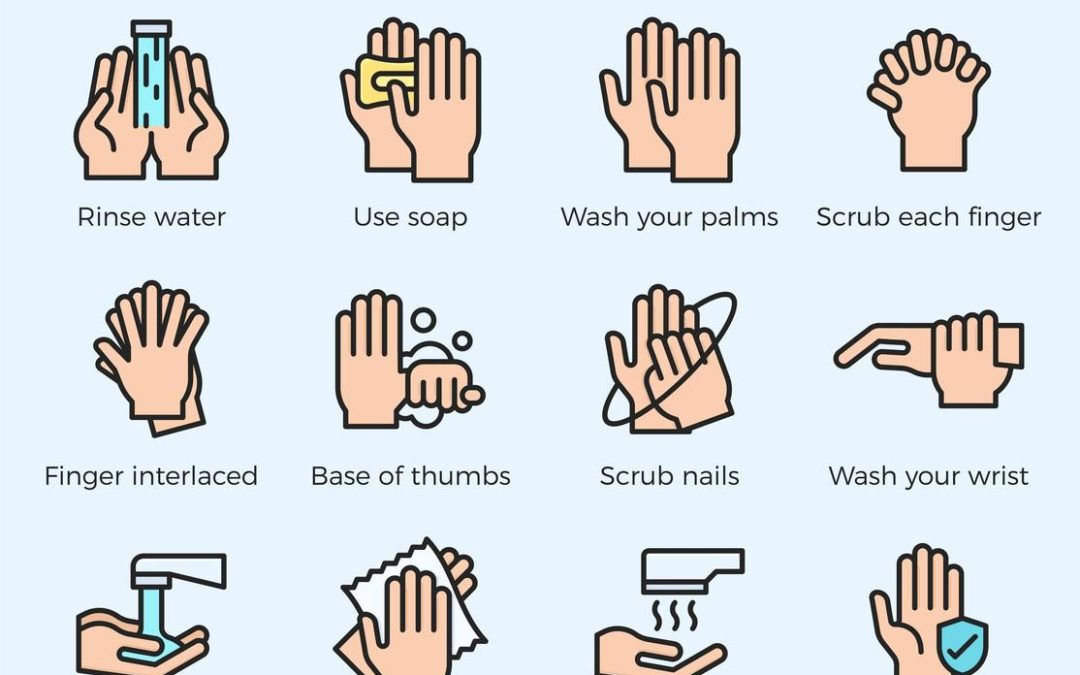Martin Broadwell famously taught that there are four levels of competence:
Unconscious Incompetence – You don’t know what you don’t know.
Conscious Incompetence – You know what you don’t know.
Conscious Competence – You know what you know.
Unconscious Competence – You don’t know what you know.
It is especially funny (in a sad way) when we think we are in stage 4, but we are actually in stage 1. I think of myself leaving Bible College. I really thought I knew everything. It took at least a week in church ministry to completely unburden me of this delusion. After almost 15 years, I think I’m finally at stage 2. I know what I don’t know – and that is a lot!
Up until COVID-19 happened, those of us who are not in the healthcare field probably thought that we were unconsciously competent at washing our hands (lather, rinse, repeat, right?), only to discover that “proper” hand washing is actually 6-9 steps performed in a specific order and time frame which should be meticulously incorporated into our routines..
Why did it all of a sudden become critical for us to relearn such a common skill? Because the stakes suddenly became life or death. Now we all have to take the same care with hand-washing as healthcare professionals always had to.
I wonder if the same thing will happen with our discipleship practices. Will this crisis reveal that some of the skills of discipleship in which we think we are unconsciously competent could use a refresher, or even an unlearning and relearning (e.g. simply “doing our devotions”)? Will being the church outside the building (or inside the building with such a different set of rules) cause us to want to move beyond milk to more solid food (1 Corinthians 3:2)?
Here are some of the questions I’m asking myself during this season that might be useful for you as well. (If you are already a pro hand washer, feel free to chime in with advice!)
- What practices am I engaging to help me to grow in my capacity to listen to God and others and respond to His voice?
- Am I only searching the scriptures daily, or am I actually allowing the Spirit and the Word to work together with my spirit, searching my life?
- Who am I imitating as they imitate Christ, so that others might imitate Christ in me?
- Where am I finding fellowship and community and mission with a group of fellow sojourners so that my personal walk with Christ doesn’t devolve into a private faith?
- In the absence of the Sunday church rhythm, how am I practicing Sabbath (and was I ever really practicing Sabbath?)
I can’t help but think about the stakes of moving from unconscious incompetence to unconscious competence: Performing proper hand washing prevents the spread of COVID-19. When we become fully formed disciples of Christ, it facilitates the spread of the kingdom of God.
References
Broadwell, Martin. “Teaching for Learning.” The Gospel Guardian, Vol. 20. February 20, 1969. Web. https://edbatista.typepad.com/files/teaching-for-learning-martin-broadwell-1969-conscious-competence-model.pdf. Accessed October


Recent Comments